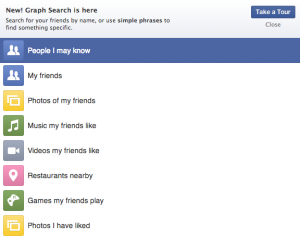Mainly focuses on media entertainment market (such as films and series) and costs very little while providing high quality goods (or services), Netflix is considered as taking a Focus Strategy (low cost).
(http://core0.staticworld.net/images/article/2012/10/netflix-100010107-orig.png)
According to Porter’s Generic Strategies, “firms that succeed in a focus strategy are able to tailor a broad range of product development strengths to a relatively narrow market segment that they know very well” (QuickMBA.com, 2010). That is exactly what Netflix did and is doing.
By providing high quality video clips and charging relatively quite little fees online, Netflix thrives. Began as a little firm in America in 1997, Netflix is now a worldwide-known website and performing quite well in stock market. (more to read: Aman Jain, Netflix, Inc. International Expansion: A Test For Margins)
Netflix’s success is also a noticeable success among disruptive innovations. Being an entertainment rental disruptor, Netflix forced change within the world of entertainment rentals and pushing a need for convenience by offering technologically improved ways of accessing of all types of video.
However, it took about 20 years for Netflix to be as successful as today, and there are still a bunch of barriers stop Netflix from opening a wider international market as the new article mentioned.
Will Netflix be more successful? Are all the disruptive innovations share similar fate as Netflix? Will disruptive innovations somehow become sustaining innovations? How long will the transforming process take? There are still a lot of questions left without answers.



